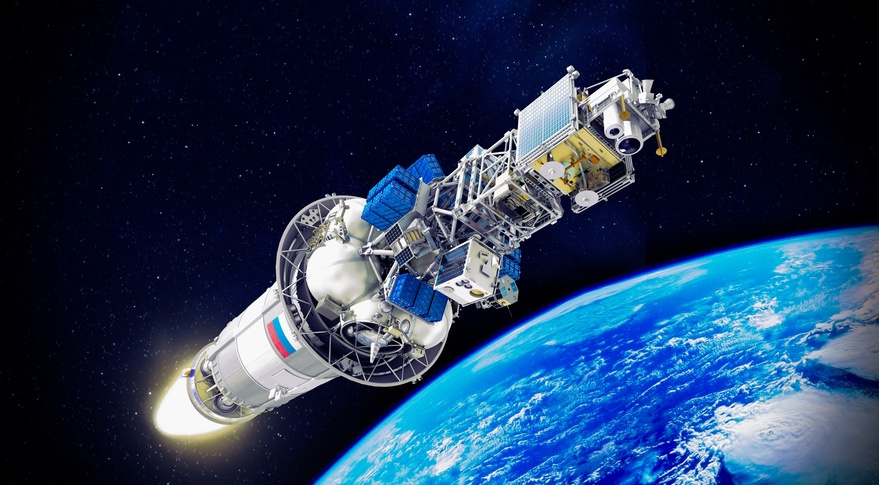
The Russian company Glavkosmos intends to become a major player in the launch market of small spacecraft. This year it is planned to launch up to 120 satellites at the launch of three RN Union. The plans are to achieve more than 50% of all launches of microsatellites.
The company Glavkosmos, which is a subsidiary of Roskosmos, said that 72 microsatellites will be launched on the Soyuz-2.1a rocket as a secondary payload. The main mission will be the launch on July 14 of the Kanopus-V-IK satellite from launch pad No. 31 of the Baikonur cosmodrome, which is intended for monitoring man-made and natural emergencies.
Vsevolod Kryukovsky, director of the launch program of Glavkosmos, said that customers are represented by countries such as the USA, Germany, Japan, Canada, Norway and Russia, without naming specific firms, but added that there are also satellites created by universities. Satellite sizes range from 1U CubeSat to 120 kg microsatellites.
“The mission of such complexity for the cluster of satellites will be realized for the first time,” he added. The satellites will be placed in 3 different orbits, followed by a reduction from the orbit of the upper stage.
The remaining satellites will be distributed between two other launches from the new Vostochny cosmodrome, scheduled for December of this year. "We have about 40 satellites and this will be the first international launch from the Vostochny space center."
While most providers of launch services work with intermediaries in organizing launches of micro and nanosatellites, Glavkosmos prefers to communicate with the customer directly. However, the first launch will be carried out in collaboration with Spaceflight, located in Seattle, which is an aggregator of orders for small satellite launches.
In 2018, 3 Union launches are also planned, two to a sun-synchronous orbit and one to a high elliptical orbit. “We are planning to launch a cluster of satellites into a solar-synchronous orbit every year. This is an extensive market for the Union. ”
Glavkosmos considers the strongest competitor to the Indian RN Polar Satellite Launch Vehicle (PSLV). In February, a record was set when the PSLV RN put 104 satellites into orbit, only 3 of them had a larger format than the Cubesat 3U.
“We aim to get ahead of PSLV. This is our goal for the next few years, ”said Vsevolod Kryukovsky,“ Our price is more than competitive. ” Glavkosmos believes it can offer more features and a more reliable launch vehicle, however, PSLV has 35 successful launches in a row.